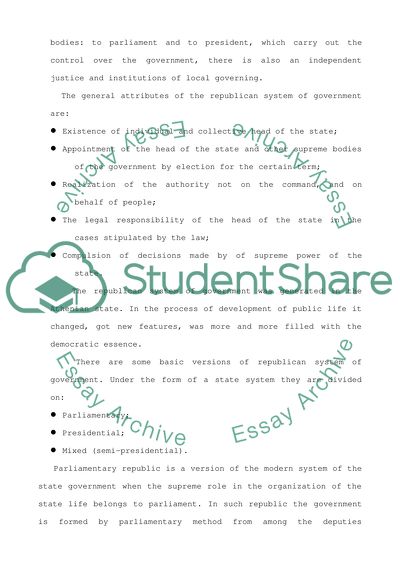Cite this document
(“System of Government Essay Example | Topics and Well Written Essays - 1500 words”, n.d.)
Retrieved from https://studentshare.org/politics/1502947-system-of-government
Retrieved from https://studentshare.org/politics/1502947-system-of-government
(System of Government Essay Example | Topics and Well Written Essays - 1500 Words)
https://studentshare.org/politics/1502947-system-of-government.
https://studentshare.org/politics/1502947-system-of-government.
“System of Government Essay Example | Topics and Well Written Essays - 1500 Words”, n.d. https://studentshare.org/politics/1502947-system-of-government.


